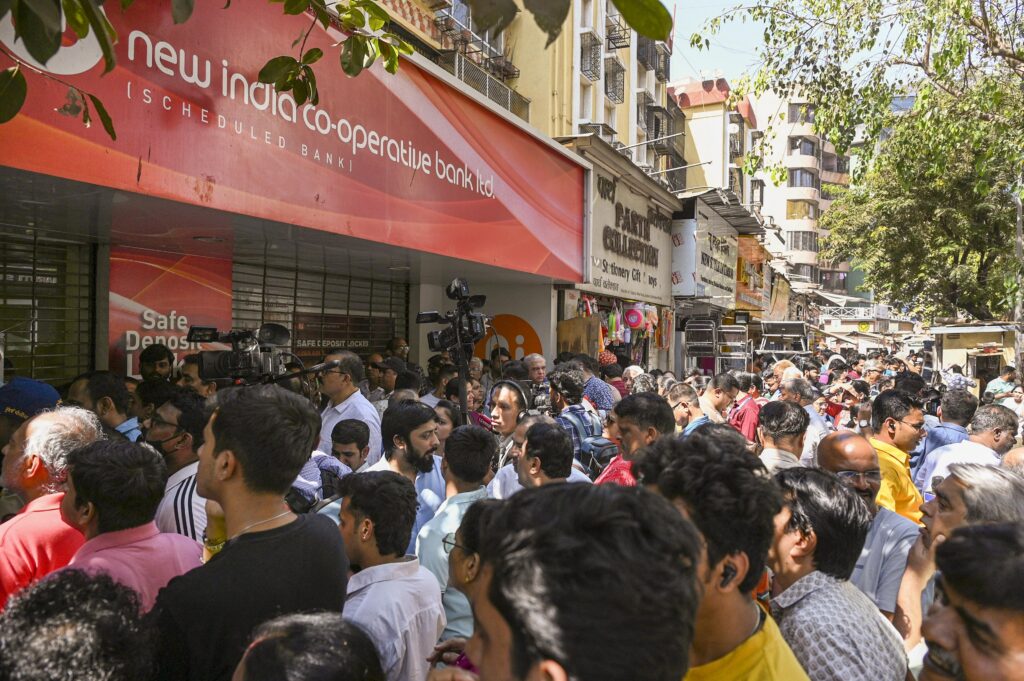MUMBAI: Net external commercial borrowing (ECB) by Indian entities, including non-banking finance companies (NBFCs), grew nearly three times to $15.6 billion during April-December 2024, as against the inflows recorded in the same period in 2023, showing gains from soft global interest rates and risk premium.
According to Reserve Bank of India (RBI) data, gross disbursements to Indian entities through the ECB route rose to $36.6 billion in April-December 2024, up from $26.1 billion in April-December 2023. The principal repayments stood at $21 billion in the nine months of the current financial year (9MFY25), as against $20.7 billion in 9MFY24.
Soumyajit Niyogi, director – Core Analytical Group, Ind-Ratings, said global fundraising grew as Indian firms took advantage of soft rates prevailing in international markets, and at a time when interest rates in the country were relatively higher. Considerable decline in risk premium for Indian companies factoring in growth prospects for the Indian economy also provided a conducive environment.
During April-December 2024, the share of effectively hedged ECBs — like explicitly hedged loans, rupee-denominated loans, and loans from foreign parents — increased to 78.1 per cent from 61.6 per cent in the same period of the previous year. This considerably aided in offsetting the interest and exchange rate sensitivity of such exposures.
Since March 2024, global benchmark interest rates such as the secured overnight financing rate (SOFR), have declined up to 85 basis points (bps), reducing the overall cost of ECB by 25 bps during April-December 2024, according to the State of Economy report in RBI bulletin (February 2025).
However, the situation is different in early 2025 with a rise in volatility, change in risk perceptions in the backdrop of a host of new policies, including trade policies adopted by US President Donald Trump.
The interest rates in the US are rising and there is some hardening of risk premium due to volatility in currency values, including Indian rupee, analysts and market dealers said.
Overseas fundraising by Indian companies may moderate. It will not diminish since many Indian finance companies are looking for diversification of funding sources and also, some corporates have natural hedge due to exports, Niyogi said.
Of the total ECBs registered during April-December 2024, more than 40 per cent were intended to be used for capital expenditure purposes. Further, the period also witnessed a substantial increase in refinancing of ECB/rupee loans in comparison with the previous year.
Source: Business Standard

 Bank Credit Growth To NBFCs Slows To Four-Year Low In 2024
Bank Credit Growth To NBFCs Slows To Four-Year Low In 2024 